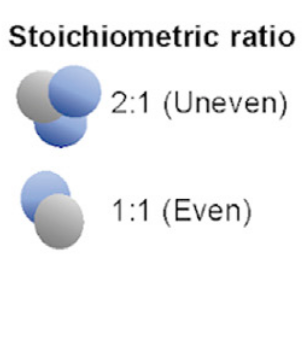Abstract
Protein assembly is a highly dynamic process and proteins can interact in different ways and stoichiometries within a complex. The importance of maintaining protein stoichiometry for complex function and avoiding aggregation of orphan subunits has been demonstrated. However, how exactly the organization of proteins into complexes constrains differential protein abundance in extreme cellular conditions like cancer, where a lot of protein abundance changes occur, has not been systematically investigated. To study this, we collected proteomic data made available by the Clinical Proteomic Tumor Analysis Consortium (CPTAC) to quantify proteomic changes during carcinogenesis and systematically tested five interaction types in complexes to investigate which of these features impact on protein abundance correlation patterns in cancer. We found that higher than expected fraction of protein complex subunits does not show changes in their abundances compared to those in the normal samples. Furthermore, we found that the way proteins interact in complexes indeed constrains their co-abundance patterns. Our results highlight the role of the interactions between the proteins and the need of cancer cells to deal with aberrant changes in protein abundance.
